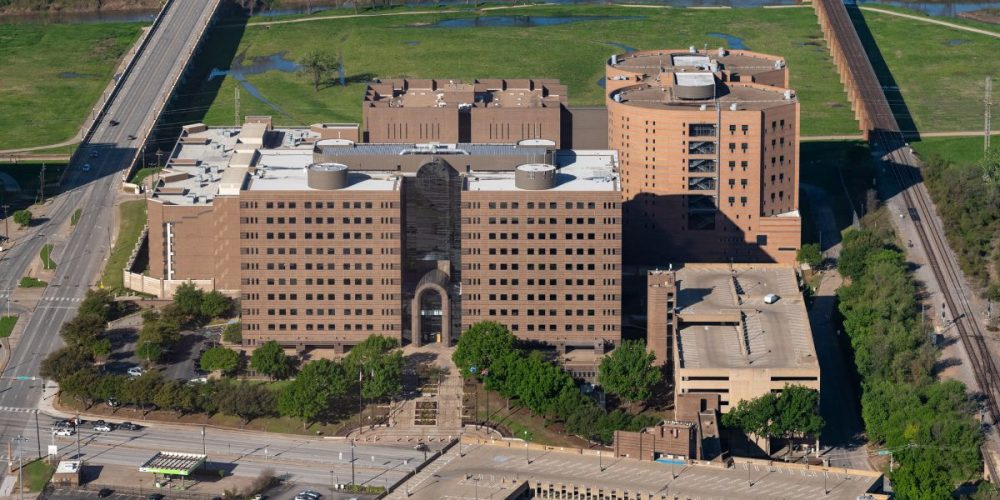On Wednesday, the Dallas City Council unanimously approved a $7.8 million contract to process and maintain city prisoners at the Lew Sterrett Criminal Justice Center.
Prior to the council’s approval, Dallas County Commissioner John Wiley Price addressed the members with some pointed remarks.
The $7.8 million contract for the fiscal year 2024-2025, listed on the agenda and ultimately passed by the council, was lower than the $8.6 and $8.3 million contracts in the preceding two years and significantly lower than the pre-pandemic contract in 2019 of $9.2 million.
Price called the new contract amount a “pittance” compared to the expenses incurred at the jail facility.
According to Price, who chairs the Dallas County Jail Population Committee and the Jail Sanitation and Maintenance Committee, noted that the City of Dallas makes up about 49% of Dallas County’s total population, and persons arrested by the city’s police department make up about 40% of the jail population.
“You basically deposit about 40% of the individuals in that facility,” Price explained. “So when you look at that, and you start talking about 8 million dollars, you’re a little short.”
Of the 31 cities and towns in Dallas County, most have their own city jails or collaborate with other cities for jail services. The City of Irving spends about $17 million per year to operate its jail facility, while Mesquite spends about $21 million on its city jail. DeSoto, Cedar Hill, and Lancaster share a joint facility that costs about $14 million annually to operate.
Despite its prominence as the largest city in the county, Dallas does not have its own city jail and relies on its contracts with the county’s Lew Sterrett Justice Center (LSJC) to house its detainees.
At one point, Price commented, “You know, build your own, and then you don’t have to worry about the $8 million.”
The Lew Sterrett Justice Center is more than 40 years old, outdated, and at maximum capacity. Last spring, the county’s Facilities Management Committee heard recommendations from the Jail Facility Advisory Committee advising that a new facility is needed, noting that remodeling the current LSJC was not feasible.
The estimated price tag to build a new county jail is about $5 billion.
Council Member Cara Mendelsohn (District-12) questioned Price about some issues pertaining to arrest reports that were promised in the current year’s contract but were not received and the perceived inefficiency of the prisoner check-in process. Price responded that the time it takes to check in a prisoner could be affected by the time of day, other things happening concurrently, and various circumstances. He added that the city police department is better positioned to pull data for reports than the county.
In response to a question by Mendelsohn, Dallas County Sheriff Marian Brown assured the council that no prisoners were being turned away, with the exception of those who may have a medical need, in which case they would be sent to Parkland Hospital. Also, per the city’s contract with the county facility, the county facility does not book suspects charged solely with Class C misdemeanors.
Council Member Gay Donnell Willis (District 13) said that Price raised an important point, adding that the council should take a closer look at the benefits versus costs of all its contracts with the county.
“I think if we can get ahead of it and have a conversation about what the contribution is versus what’s received, that might point us to a direction on whether Dallas does need to invest in our own jail,” she said.


